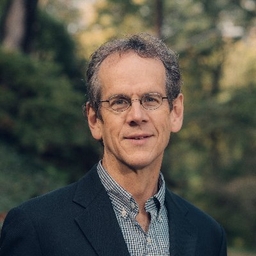
David Cole
Contributor at New York Review of Books
National Legal Director, ACLU; Professor at Georgetown Law; regular contributor to NY Review of Books; author of Engines of Liberty. Views expressed are my own.
Articles
-
1 month ago |
propertyreporter.co.uk | David Cole |Sandfield Engineering
No one likes to plan for a crisis. It means contemplating all manner of unpalatable issues, from injuries and disrupted services to environmental damage, financial problems and even criminal prosecution. Sadly, when it comes to environmental pollution, a crisis is always potentially just around the corner.
-
1 month ago |
nybooks.com | David Cole
On June 2, 1919, bombs went off in eight cities across the country. One blew the door off the house of the country’s attorney general, A. Mitchell Palmer, in Georgetown. The government’s response was to round up thousands of foreign nationals, not on charges that they were involved in the bombings but for technical immigration violations and association with communist or anarchist organizations.
-
2 months ago |
almendron.com | David Cole
Last week the Trump administration proposed what amounts to a hostile takeover of the country’s oldest and wealthiest university. In an over-the-top letter to Harvard’s president, Alan Garber, and the senior fellow of its board, Penny Pritzker, administration officials demanded the power to overhaul and oversee what the school teaches, who it hires, and who it admits.
-
2 months ago |
nybooks.com | David Cole
Last week the Trump administration proposed what amounts to a hostile takeover of the country’s oldest and wealthiest university. In an over-the-top letter to Harvard’s president, Alan Garber, and the senior fellow of its board, Penny Pritzker, administration officials demanded the power to overhaul and oversee what the school teaches, who it hires, and who it admits.
-
2 months ago |
theguardian.com | David Cole |Amrit Singh
If you are systematically engaged in lawbreaking, lawyers can be very annoying. They sue, and their suits may lead courts to declare your actions illegal. So Donald Trump, who has launched his second term with a blizzard of blatantly illegal actions, many of which have been suspended by the courts, has decided to address the problem at its root. He’s targeting lawyers, punishing them for doing nothing more than filing lawsuits he opposes, or hiring lawyers he does not like.
Try JournoFinder For Free
Search and contact over 1M+ journalist profiles, browse 100M+ articles, and unlock powerful PR tools.
Start Your 7-Day Free Trial →